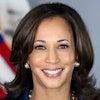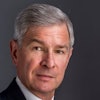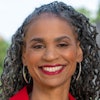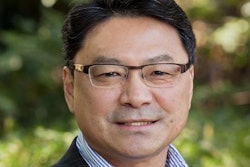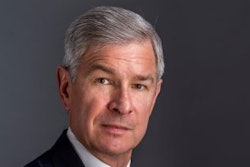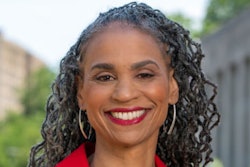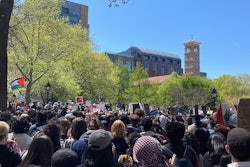In early 2006, I received an anonymous note. The writer cut out a photo from a Huntington University fundraising letter that pictured some of our international students. “No money from us as long as you insist on having the univ. filled w/ the likes of those in this picture,” the note stated. “It will be the ruin of the university and of our town.” I could hardly believe such overt racism still existed. My initial anger turned to resolve.
With support from the board of trustees, Huntington, an evangelical Christian university of about 1,300 students located in Huntington, Ind., implemented a two-pronged approach for town-gown transformation. We launched intentional efforts to increase diversity and intercultural competency on campus. At the same time, we also began strategic initiatives to make our surrounding community more welcoming to persons of color.
The university invited Dr. Pete Menjares, the associate provost for diversity leadership at Biola University, to perform a “campus diversity audit.” We also asked Dr. Brenda Salter McNeil, a leading facilitator in racial, ethnic and gender reconciliation, to consult with our trustees, administration and faculty on intercultural competency. The university hosted the “2008 Conference on Christianity, Culture and Diversity in America.” Throughout the 2009-2010 academic year, I asked the campus community to reflect on the Bible’s teaching about being “one in Christ” through special chapel programs, guest lectures, Reader’s Theatre, book studies and other campus events.
These activities generated much thoughtful discussion, but strategic partnerships were the key to making a real difference. Huntington University built upon a longstanding relationship with Youth For Christ (YFC) USA to develop the Horizon Leadership Program. YFC’s urban ministry centers nominate low-income students with high leadership potential to be Horizon Scholars, a selected cohort of students who receive financial assistance and mentoring and who volunteer regularly with YFC’s community center in Fort Wayne, Ind.
When our first six Horizon Scholars enrolled in 2008, the university’s total undergraduate enrollment increased 10 percent. U.S. ethnic minorities accounted for 7 percent of that incoming freshman class—more ethnic minorities than were in the entire student body the previous year. The pattern repeated in 2009, when our second-largest incoming class included 7.7 percent U.S. ethnic minorities.
A real commitment to diversity cannot be limited to enrollment, however. For our efforts to be credible, we needed a broad, holistic approach. The board of trustees, administration, faculty and staff needed to become more diverse, too.
We were fortunate that natural turnover on the board created some timely opportunities, and networking relationships with our church denomination, alumni base, and business relationships yielded some outstanding trustee candidates. Our board is now 18 percent women and 12 percent ethnic minorities. Our new trustees bring diverse life experiences that strengthen our decision-making.
